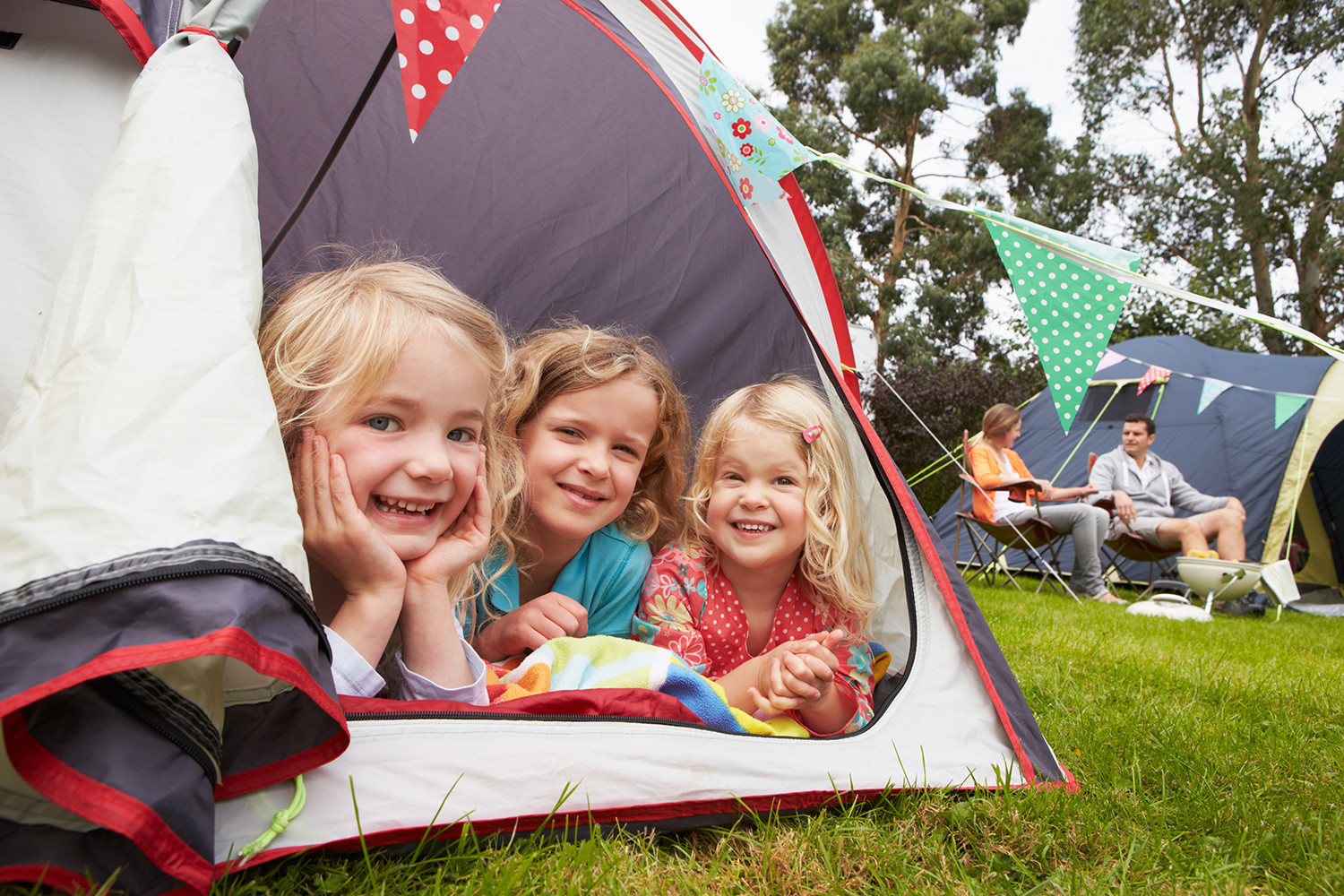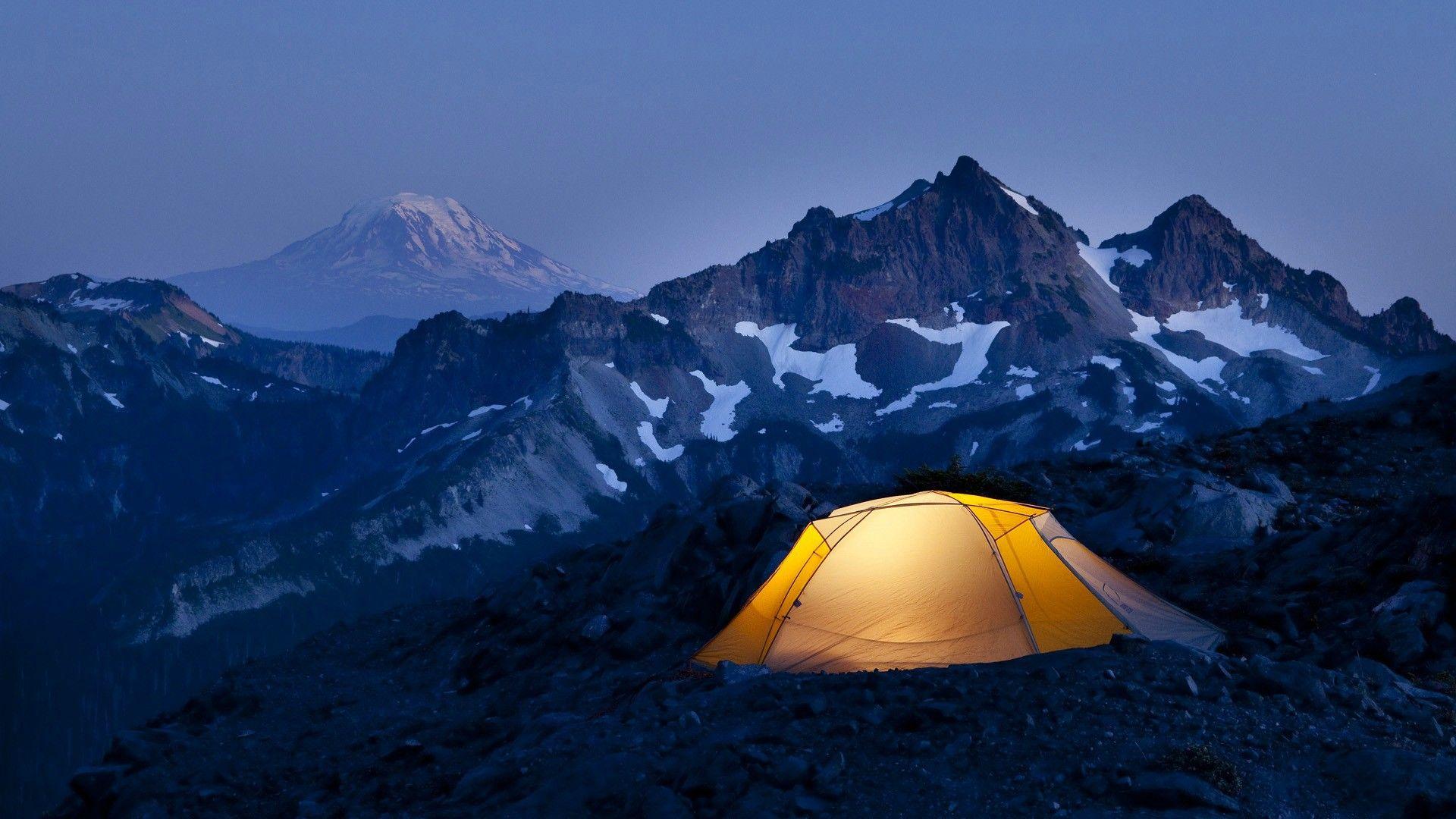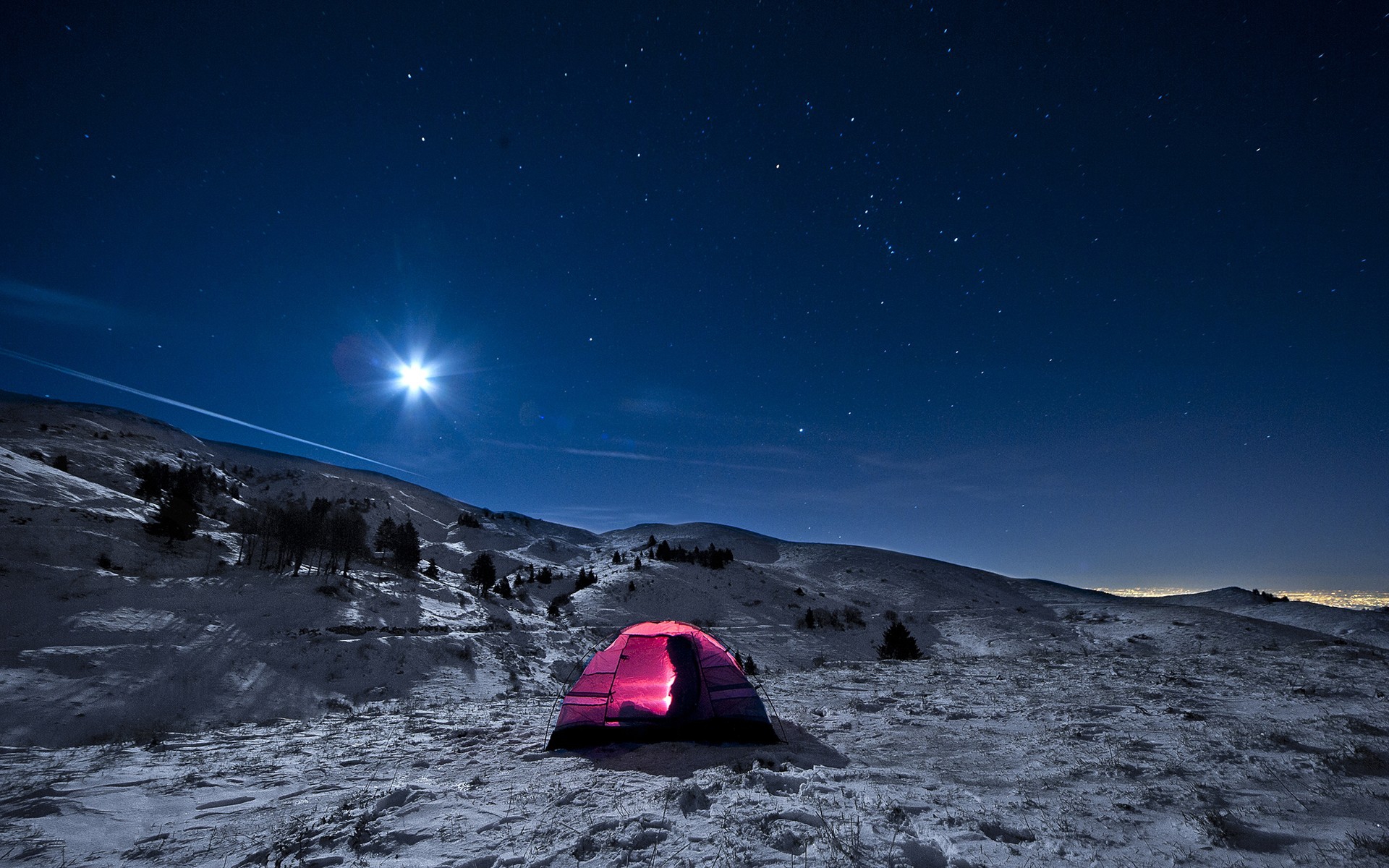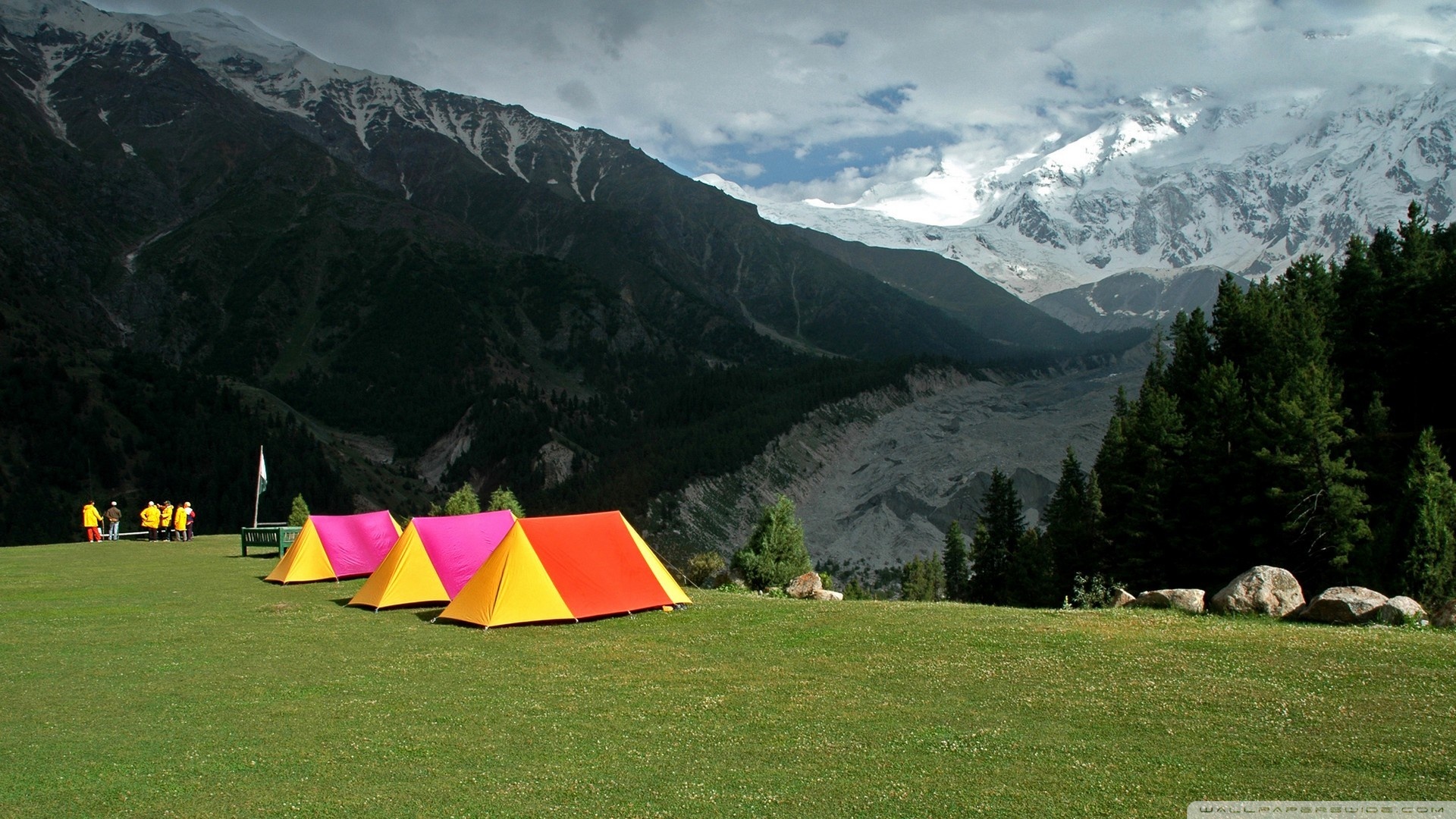Camp Ideas

A. Importance of planning engaging and diverse activities for campers
- Meeting diverse interests: When planning camp activities, it is essential to consider the diverse interests and preferences of campers. This allows you to create a program that caters to a wide range of individuals and ensures everyone has an opportunity to participate and enjoy.
- Keeping campers engaged: Engaging activities prevent boredom and keep campers actively involved throughout their camp experience. By offering a variety of activities, such as sports, arts and crafts, nature exploration, or team-building exercises, you can provide campers with a range of options to choose from based on their interests and abilities.
B. How camp ideas contribute to a memorable and enriching camp experience
- Creating lasting memories: Well-planned and exciting camp activities contribute to creating memorable experiences for campers. When campers reflect on their time at camp, they often remember the fun and unique activities they participated in, fostering a sense of nostalgia and fondness for their camp experience.
- Promoting skill development: Camp ideas that focus on specific skills or themes offer campers the opportunity to develop new abilities and interests. Whether it is learning a new sport, honing artistic talents, or building leadership skills, these activities contribute to personal growth and enrichment.
- Fostering social connections: Engaging camp activities provide opportunities for campers to interact, collaborate, and build friendships. Through shared experiences, campers learn to work together, support one another, and appreciate the value of teamwork and inclusivity.
-
Campers may uncover hidden talents or passions, gain confidence, and develop a sense of independence through these experiences.
Outdoor Adventure Camp Ideas
A. Hiking and Nature Exploration
- Guided hikes and nature walks: Organize guided hikes led by knowledgeable staff or local experts. These hikes can take campers through scenic trails, teaching them about the surrounding flora, fauna, and natural history.
- Learning about local flora and fauna: Incorporate educational sessions where campers learn about the local plant and animal species. This can include identifying different types of trees, birds, or insects, and understanding their ecological significance.
B. Campfire Cooking and Outdoor Skills
- Teaching campers essential cooking techniques: Offer cooking workshops where campers can learn basic outdoor cooking skills. This can include teaching them how to safely use camping stoves, prepare simple meals, and practice proper food handling and storage in an outdoor setting.
- Building and maintaining a safe campfire: Educate campers on the principles of fire safety and guide them in building and maintaining a safe campfire. Teach them how to gather and prepare firewood, start and extinguish a fire responsibly, and cook meals over an open flame.
Creative and Artistic Camp Ideas
A. Arts and Crafts Workshops

- Creating unique crafts using various materials: Provide campers with opportunities to engage in arts and crafts activities using natural or recycled materials. They can create jewelry, sculptures, or decorative items inspired by the surrounding environment.
- Encouraging campers’ creativity and self-expression: Foster a supportive and encouraging environment where campers feel empowered to explore their creativity. Offer open-ended art projects that allow for individual expression, and provide guidance and materials for campers to experiment with different artistic techniques.
B. Performing Arts and Talent Shows
- Organizing skits, dances, or musical performances: Give campers the chance to showcase their performing arts skills by organizing skits, dances, or musical performances. Encourage collaboration and provide opportunities for campers to work together to create memorable and entertaining shows.
- Providing a platform for campers to showcase their talents: Host talent shows where campers can showcase their individual talents, such as singing, playing an instrument, reciting poetry, or performing magic tricks. This allows campers to share their unique abilities and build confidence in front of an audience.
Team-Building and Leadership Camp Ideas
A. Cooperative Games and Challenges
- Promoting teamwork and communication skills: Organize cooperative games and challenges that require campers to work together to achieve a common goal. These activities can improve communication, problem-solving, and collaboration skills, fostering a sense of unity among campers.
- Fostering a sense of camaraderie among campers: Design activities that encourage campers to support and motivate one another. This can include team-building exercises, trust-building games, and group initiatives that create a sense of camaraderie and strengthen bonds within the group.
![]()
B. Leadership Development Workshops
- Building confidence and decision-making abilities: Offer workshops that focus on building confidence and decision-making skills. Provide opportunities for campers to take on leadership roles, make choices, and solve problems. This encourages them to develop their leadership abilities and empowers them to take initiative.
- Empowering campers to become future leaders: Incorporate activities that encourage campers to reflect on their strengths, values, and goals. Provide opportunities for them to develop leadership qualities such as effective communication, adaptability, and problem-solving. Inspire campers to become future leaders in their communities and beyond.
Theme-Based Camp Ideas
A. Sports and Recreation Camps
- Offering specialized training in specific sports: Organize sports camps that focus on specific sports or activities, providing campers with specialized training and skill development. This can include coaching sessions, drills, and friendly competitions to enhance their athletic abilities.
- Organizing friendly competitions and tournaments: Plan friendly competitions and tournaments that allow campers to showcase their sports skills and teamwork. These events promote healthy competition, teamwork, and good sportsmanship among campers.
B. Science and Technology Camps

- Engaging campers in hands-on experiments and projects: Create science and technology camps where campers can engage in hands-on experiments, projects, and demonstrations. This can include activities related to robotics, coding, engineering, or environmental science, encouraging campers to explore and learn about STEM concepts.
-
Exploring STEM concepts through interactive activities: Organize interactive activities such as science challenges, team-based experiments, and problem-solving tasks. These activities foster critical thinking, creativity, and collaboration among campers in a fun and engaging way.
In conclusion, planning engaging and diverse activities for campers is crucial in creating a memorable and enriching camp experience. By prioritizing thoughtful and engaging camp ideas, camp organizers can ensure that campers have a rewarding and transformative experience.

